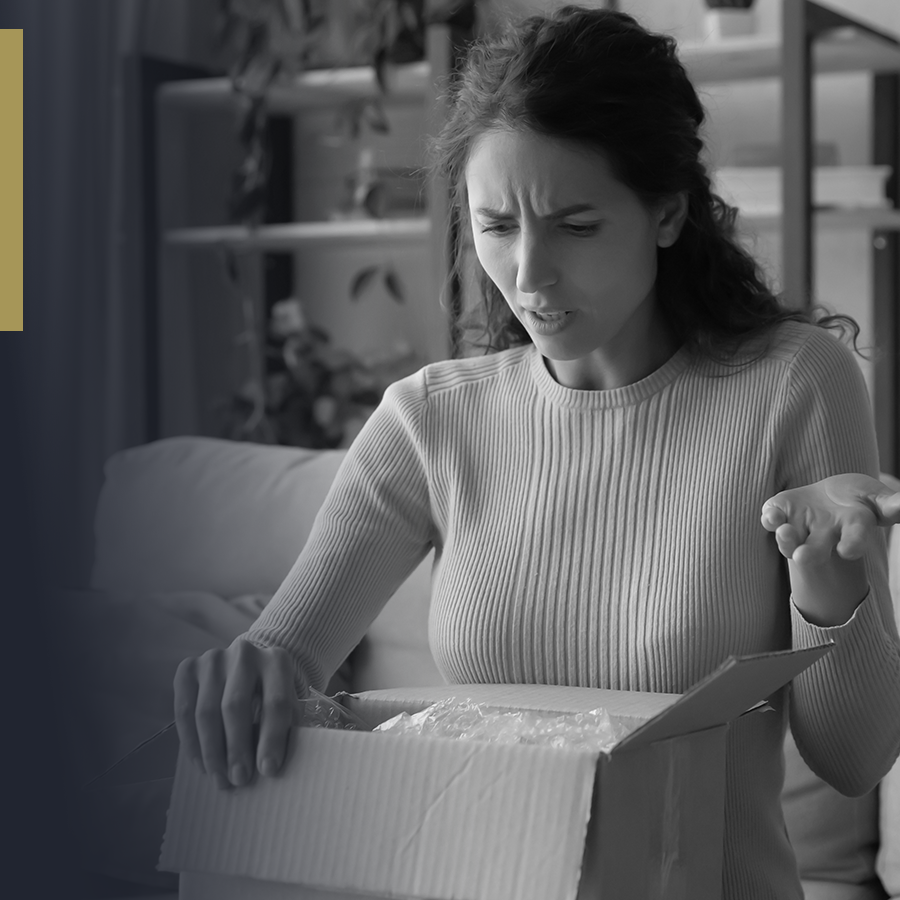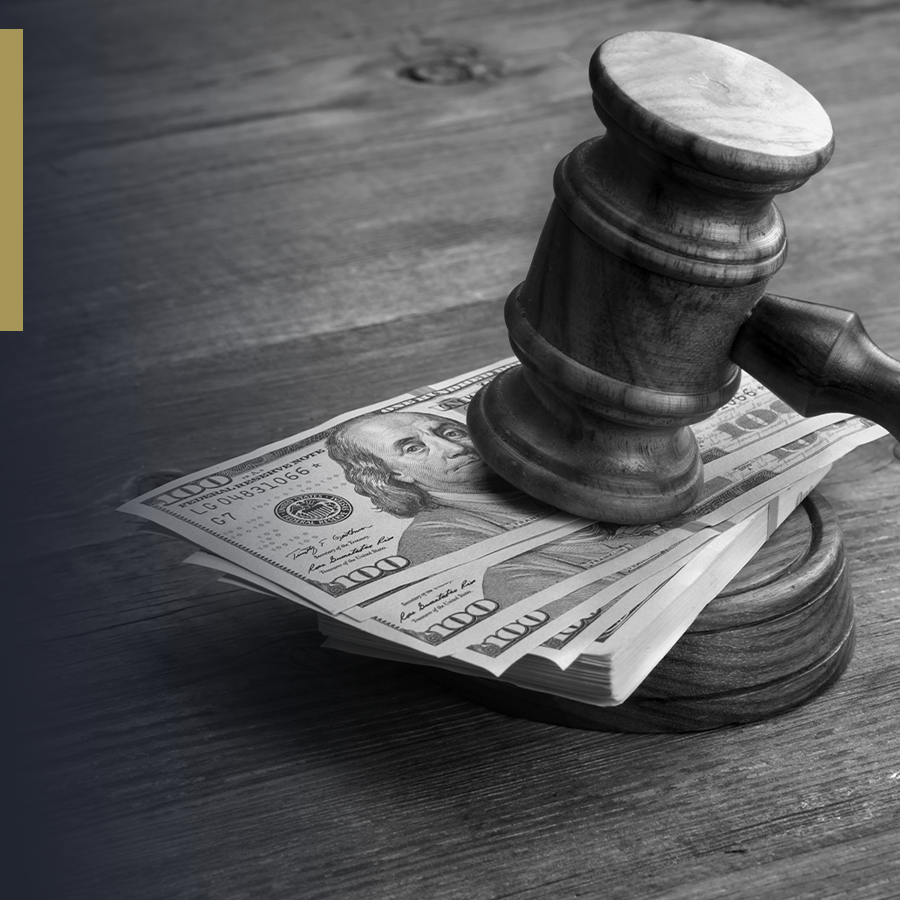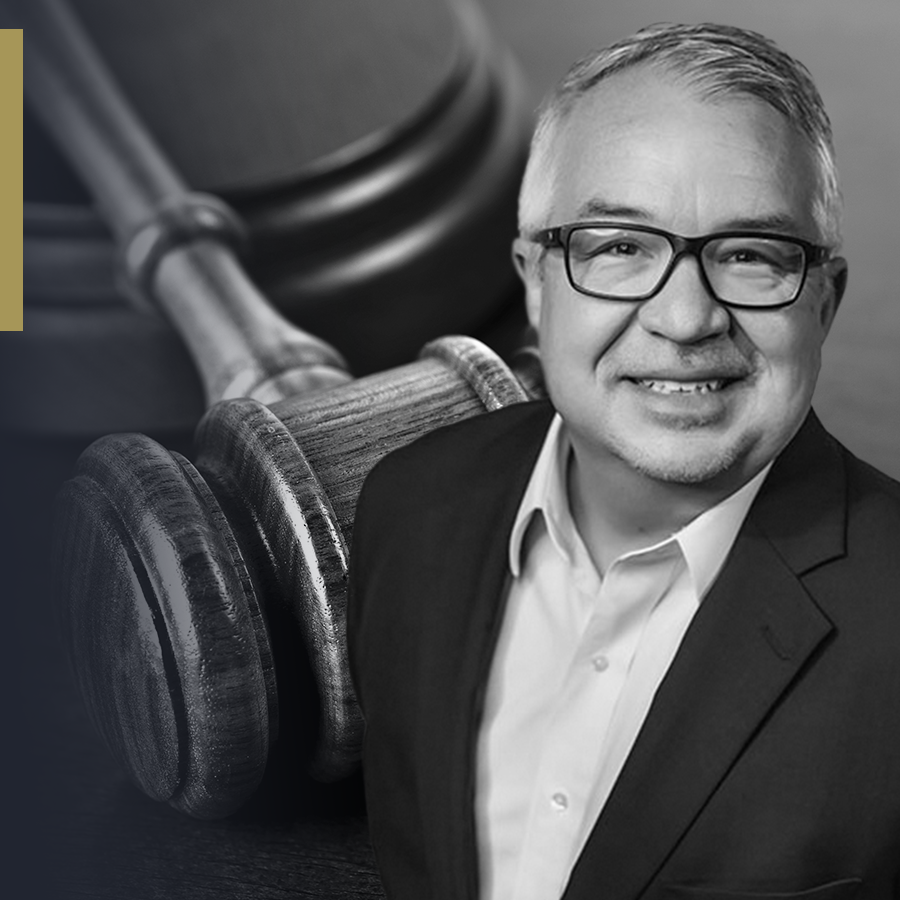Product Liability Lawyer In McDonough
Holding Companies Accountable In McDonough, GA
Defective or Dangerous Consumer Products
Every year, thousands of people are injured by defective or dangerous consumer products.
People expect that the items we use everyday are safe for distribution, but that isn’t always true. Sometimes, consumer products fail. If a defective product causes property damage or injury to you or a loved one, you have legal recourse and should seek out a McDonough personal injury lawyer.
What Is Product Liability Law?
Product liability laws protect consumers from dangerous and defective products. These laws outline who is held responsible if a faulty product injures someone or causes property damage.
Some examples of consumer products that can fail and cause injury include:
- Cars and motorcycles
- Children’s toys
- Tools
- Household appliances
- Medications
- Amusement park rides
If you or a loved one was hurt by a consumer product due to a flaw in manufacturing, design, or marketing, you may be able to recover compensation.
In Georgia, consumers can file a lawsuit against manufacturers, sellers, and other possible responsible parties in the distribution chain of a faulty product. When a flawed product injures a person in McDonough, the entire supply chain can, and should, be scrutinized.
Some products have an inherent risk. For example, kitchen knives must be sharp in order to serve their purpose. Product liability laws require that products meet “the ordinary expectations” of a consumer. If a person cuts themselves using a sharp knife, the product has not failed.
However, if a product has an unexpected flaw, or a dangerous element which is not thoroughly explained on the packaging, the manufacturer or seller could be held accountable if their product causes injury.
Say, for example, that the blade and handle of a kitchen knife separate while being used. If the blade falls off the knife and causes and injury, the manufacturer could be held liable for this injury. The product did not meet “the ordinary expectations” of a kitchen knife.
In Georgia, a defective product is defined as a product whose potential risks outweigh potential benefits.
The statute of limitations for filing a product liability lawsuit in Georgia is 2 years for personal injury claims and 4 years for property damage claims.
If you were hurt by a consumer product and believe that the product was defective, do not wait. Contact a McDonough personal injury lawyer right away. If you were hurt by a faulty product, someone else could be hurt by it, as well.
Contact us today
Schedule a confidential consultation.
Who Is Responsible if a Product Injures Someone?
To file a product liability claim, the product which injured someone or caused property damage must have been for sale. In Georgia, the person who was hurt did not have to purchase the item themselves.
For example, if a child is injured by a toy, his family can bring a product liability lawsuit, even though the child did not purchase the toy himself.
However, if the toy was made by a family friend and given to the child, the family could not make a product liability claim. The product must have been sold in stores to bring such a suit.
If a consumer product is defective and harms someone in Henry County, liability could rest with any party in the distribution chain. That means consumers could pursue a claim against:
- The manufacturer
- The manufacturer of any component parts
- The party that assembled the product
- The wholesaler
- The store which sold the faulty product
- The product installer

In Georgia, product liability claims can be based on one of two principles: strict liability and negligence.
Strict liability means that a party can be held financially responsible for injury or property damage stemming from a defective product even if they did not know that the product was flawed.
To win a case based on strict liability, you will have to prove that:
- The defendant manufactured the product
- The product was defective when it left the manufacturer’s site
- The product's defect caused an injury
Or, you may believe that your injury was the result of negligence. In a case based on negligence, you and your legal team will have to prove that the product’s manufacturer or seller knew, or should have known, that the product was defective.
All product manufacturers and sellers have a duty of care to consumers. If they are knowingly selling a defective product, they are in breach of that duty.
If you or someone you love was hurt because a company distributed a faulty product, knowingly or unknowingly, then you should not have to bear the financial cost of that injury.
You could be entitled to compensation for:
- Medical bills
- Prescription costs
- Home health aides
- Lost wages
- Pain and suffering
- Emotional distress
Contact us today
schedule your free case evaluation
Three Types Of Product Defects
Whether yours is a case of strict liability or negligence, to win your product liability case in McDonough, you will have to prove that you were injured by a product and that the product contained a flaw that made it unreasonably dangerous.
Proving such a claim without the help of a personal injury lawyer is extremely difficult. An experienced attorney will be familiar with the federal and Georgia laws concerning product liability and can subpoena records from the manufacturer that support your claim.
Your legal team will help you research your case and determine if you have a valid claim.

There are three types of defects that most commonly lead to injury in product liability cases. They are:
- Design Defects
In these cases, the design of the product is inherently dangerous. If the product were made perfectly according to the manufacturer’s design, it would still be too dangerous for consumer use.
The flaw in these products was present before manufacturing, and while the product may serve its purpose, it is unreasonably dangerous.
The courts may consider whether the manufacturer could have used an alternative design for the product which would have been safer for consumers.
- Manufacturing Defects
When most people hear about product liability, they probably think first of defects that occur during manufacturing.
A product is considered to have a manufacturing defect if there was an error in making the product. In these cases, the design of the product is fine, and some versions of the product may not contain a flaw.
In such cases, the plaintiff often alleges that there was a problem at the factory where the product was made or assembled.
- Marketing Defects
These are also known as “failure-to-warn” claims. This category of product liability cases states that the product was not sold with appropriate instructions or warnings.
Generally, in failure-to-warn claims, a product is dangerous in a way that is not immediately obvious or requires special precautions during use.Manufacturers are required to label their products with warnings about any side effects or risks involved with using a product. If these warnings are not present on a product’s packaging or in its instruction manual and a person is hurt by the product, they could bring a failure-to-warn claim against the manufacturer.
Is There A Limit On Compensation In Georgia Product Liability Cases?
The compensation received from a lawsuit is known as “damages.” The Georgia State Supreme Court ruled in 2010 that caps on damages are unconstitutional, meaning that you can be reimbursed for any money you spent on the treatment of your injury, as well as any income you lost during your recovery, with no limit.
However, some Georgia statutes could limit the amount of compensation you are eligible to receive.
Georgia uses “modified comparative negligence” to determine fault in product liability cases. Under these rules, you cannot recover damages for your injuries if you were at least 50% responsible for the incident in which you were hurt.
If you were partially responsible for your accident, you could still recover some funds, but the amount you receive will be reduced in proportion to how responsible you were for your injury.
For example, if you are deemed 30% responsible for your injury and are granted a $100,000 settlement, that award will be reduced by $30,000.
Also, while product liability laws in Georgia do cover property damage, you cannot file a product liability suit if the faulty product was the only property to receive damage.
Protecting McDonough Consumers From Corporations
Product liability cases are not easy to win. The defendants in such cases are often huge corporations, like pharmaceutical or automobile companies. These corporations have their own legal teams, which exist largely to swat away consumer complaints.
If you or a loved one has been hurt by a defective product, you should not have to fight your case alone. Scott Key & Associates has the resources and experience to help you prevail against businesses that want to cut corners.
Contact us right now at 678-610-6624. Don’t want another minute for expert help.

